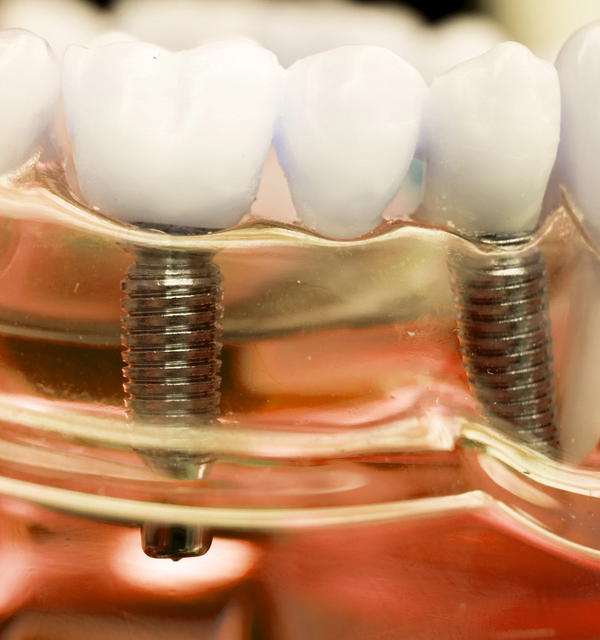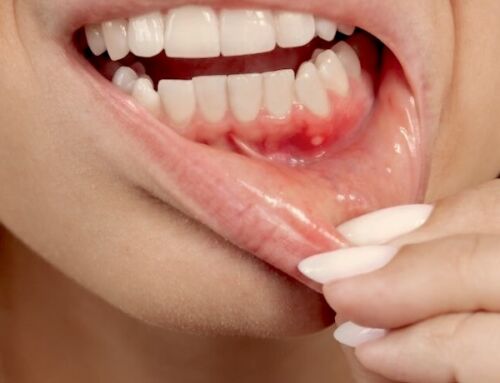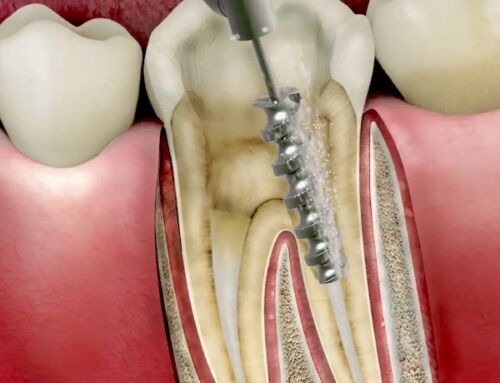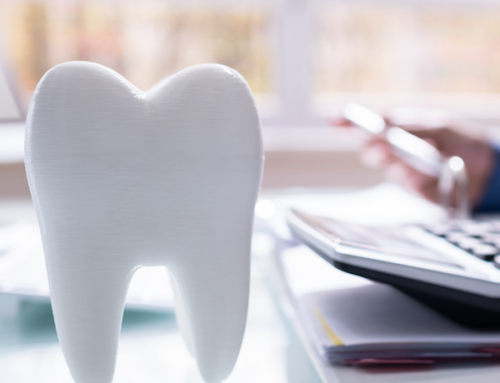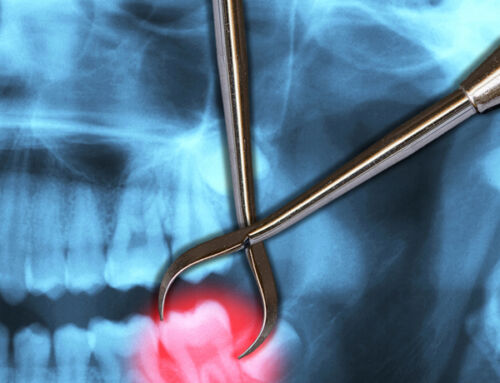Dental implants maintain a strong reputation as a permanent and lifetime replacement for missing teeth. It is a widely successful treatment that can create a beautiful and long-lasting smile for many years.
However, despite its reliability, dental implants may still fail. Some common reasons for dental implant failure include poor maintenance and hygiene care, broken dental restoration, smoking, and medical conditions. If your implant fails, knowing what to do can help prevent further damage and an implant replacement.
In this read, we will go over more about dental implants, some causes of failure, what you can do if the implant fails, and some tips to make sure that your implants stay healthy and functional for a long time.
What are Dental Implants?
Dental implants are a modern replacement to missing or lost teeth. They are composed of three parts: a titanium post, abutment, and the artificial tooth.
The titanium post is surgically embedded into the jawbone to mimic the function of a tooth root. Over time, bone will grow around the implant post to permanently hold it in place. This will support the future abutment and, eventually, the dental restoration.
A dental implant can hold a crown, bridge, or denture, depending on how many teeth are missing. If you have a few gaps from missing teeth, your dentist or oral surgeon will strategically place implant posts across the jawbone to effectively fill in the spaces.
How Long Do Dental Implants Last?
The three parts of a dental implant have their own average lifespan. The titanium post and abutment can last a lifetime, very rarely do they need a replacement unless proper maintenance is neglected.
Meanwhile, depending on the material used, the artificial tooth can last 5-15 years. Durable materials like porcelain and zirconia crowns and bridges are known to withstand the test of time.
Factors That Influence Dental Implant Longevity
Not all dental implant treatments are the same. While many patients experience long-term success with the procedure, some may suffer shorter implant lifespan or implant failure. Some factors that may compromise the lifespan of dental implants are:
Poor oral hygiene and improper maintenance may affect the implants
Poor tooth brushing and flossing habits may cause build-up of plaque and bacteria leading to several dental diseases that may negatively affect the lifespan of your dental implants.
Good bone health and quality are crucial
Unhealthy or insufficient bone is not ideal for the implant treatment as it cannot properly support the restoration. If workable, your dentist may recommend periodontal therapy or bone grafting to improve the conditions of the bone enough for a successful implant treatment.
Teeth grinding can damage the restoration and implant
Aggressive pressure on the implant because of significant teeth grinding may damage parts of the implant. Without proper intervention, the damage may require a replacement.
Smoking can cause early treatment failure
Smoking is a risk factor for dental implants as it significantly reduces blood flow to the bone. This will prevent osseointegration, which is the fusion of the implant to the bone— a vital part of the treatment. Without osseointegration, the implant treatment will fail.
Certain medical conditions may compromise the treatment
Medical conditions, such as uncontrolled diabetes and hypertension, blood clotting diseases, and bone problems, may prevent long-term implant success. For these conditions, it is best to consult your dentist so they can recommend more suitable alternatives.
Caring For Your Dental Implants
Dental implants are a great investment for your smile, but it will only stay healthy and functional for years if you are able to properly take care of it. Here are some tips that can help:
Maintain good oral hygiene
One of the main reasons for implant failure is poor oral hygiene causing plaque and bacteria build-up. Keep your oral health in great shape by brushing and flossing daily. Use a soft-bristled toothbrush with a fluoride-rich toothpaste. And rinse with an antibacterial mouthwash for a whole mouth clean.
Visit your dentist regularly
Regular dental appointments for check-ups and teeth cleaning help your dentist spot early signs of dental problems before they become big concerns that may harm your implant. Make sure to visit every six months as a preventive measure.
Protect your teeth from damage
If you suffer from teeth grinding, consider getting a mouthguard fitted over your teeth or consulting an expert for jaw joint problems. This will prevent heavy load on the implant and ensure that the dental restoration will not break or crack.
What Happens if an Implant Fails?
While dental implants have great success rates, there are certain situations that may cause implant failure or damage to the dental restoration. Some symptoms may indicate implant failure are:
- Pain or discomfort, especially when biting or chewing
- Loose or wobbly restoration
- Swollen gums around the implant
- Bleeding implant site
- Receding gums
- Presence of pus or discharge on the gums
Call your dentist immediately
While rare, dental implants may fail. If you experience any of the symptoms listed, do not panic. The first thing you should do is to call your dentist to schedule an emergency visit. The earlier you can get treated, the better the chances of saving your implant.
Identify the problem
If you can, it is also a good idea to determine which part of the implant is the concern as failure may occur on any of the implant parts— the post, abutment, or the artificial tooth. Once you arrive in the dental office, an X-ray will be taken to check the integrity of each part.
Treatment options for implant failure
If the problem is on the dental restoration, whether it is a loose crown or a broken bridge, a replacement can help restore it to form and function. But, if there is infection around the implant, it is best to remove the implant, treat the infection, and replace the implant parts to prevent further complications.
Dental implants are a fixed, permanent, and long-term reliable solution to missing teeth. They look, feel, and function like real teeth, making them the ideal tooth replacement. Contact us today to schedule your visit and learn more about dental implants and if it is the right choice for you.

